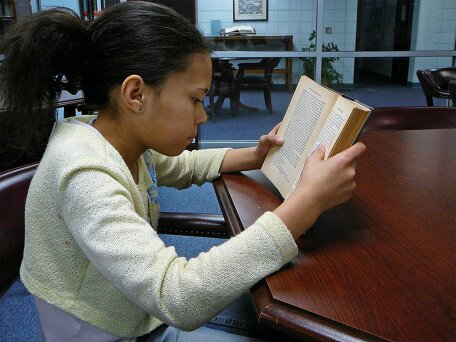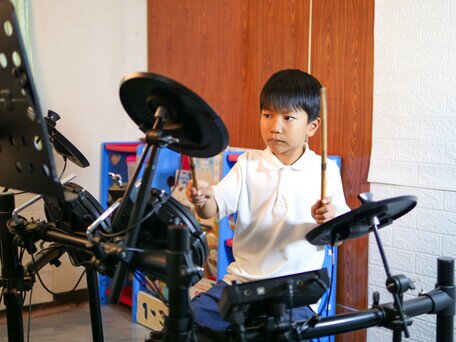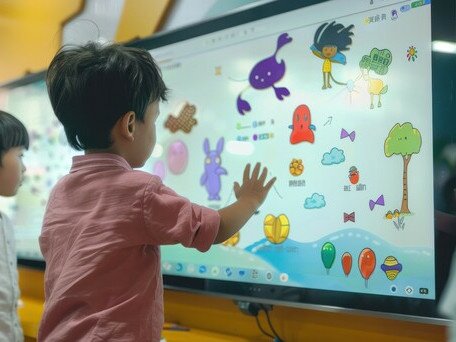Unpacking the dynamics of the agency of young STEM makers: A cross-sequential study combined with mixed-methods design
- 项目计划:
- 优配研究金
- 项目年份:
- 2023/24
- 项目负责人:
- 万志宏博士
- (课程与教学学系)

In this intense integrative process, students face greater cognitive challenges and resource constraints, thus providing researchers with more opportunities to investigate dynamic changes in student agency.
Agency refers to humans’ desire, ability and power to exert influence and create opportunities when facing constraints and challenges imposed by environments. Student agency has received increasing attention in recent research (Raffo et al., 2021) since human beings are facing unprecedented social, economic, and environmental challenges and students as our future citizens are expected to develop their potential to conquer challenges and constraints during their school years (OECD, 2019). The uncertainty caused by the Covid-19 pandemic in our life and work makes it more urgent to investigate agency and then design strategies to strengthen it in both adults and school children.
Previous qualitative research has indicated that the development of student agency is dynamic. Yet, there is still a lack of quantitative research to investigate how its key dimensions (i.e., intentionality, choice making, self-perception, persistence, self-reactiveness and interactiveness) develop over a long period. Little is known about how these dimensions interact with each other and what are the main factors influencing their development in early schooling years. These knowledge gaps have been barriers to systematically designing activities and curricula to nurture the agency in young children. The proposed project will choose to investigate the development of student agency in a cross-disciplinary learning context (i.e., maker-centred STEM learning) for two main reasons. First, maker-centred STEM learning requires students to use knowledge and skills from multiple STEM disciplines (i.e., Science, Technology, Engineering and Mathematics) to solve ill-defined problems by designing and constructing artefacts. In this intense integrative process, students face greater cognitive challenges and resource constraints, thus providing researchers with more opportunities to investigate dynamic changes in student agency. Second, understanding the agency of STEM makers will inform the design of maker-centred STEM learning to maximise the educational value of this innovative learning approach.
Based on the investigators’ works on cross-disciplinary learning (e.g., English* & King, 2019; Wan*, So & Zhan, 2022) and student agency (e.g., Fu* & Clarke, 2019a; Martin*, 2016), this project will adopt a cross-sequential approach combined with mixed-methods design to reveal the complexity of student agency in maker-centred STEM learning. To capture the developmental trajectory of the agency of young STEM makers and reveal the relationship among its six dimensions, pre- and post-surveys will be issued to approximately 720 students from four cohorts (Grades 3, 4, 5, and 6) in schools that have actively implemented STEM maker activities. Following the post-survey, qualitative data (including audio-diaries and artefact-based interviews) will be collected from 72 school children to scrutinise cross-dimensional interaction and identify the factors mediating their agency development.
An innovative aspect of this project is to adopt a cross-sequential design to reveal the longitudinal change of student agency. Its unique research context will make the investigation into the development of student agency more effective. The findings will advance agency theories through unpacking three major facets of the dynamics of student agency (i.e., developmental trajectory, cross-dimensional interaction, and influencing factors). Practically, the findings will inform educators and policy makers on how to effectively design and modify learning environments to develop student agency. Meanwhile, the insights generated in this study will also be of great interest and direct relevance to practice in cultivating agentic future citizens internationally.








